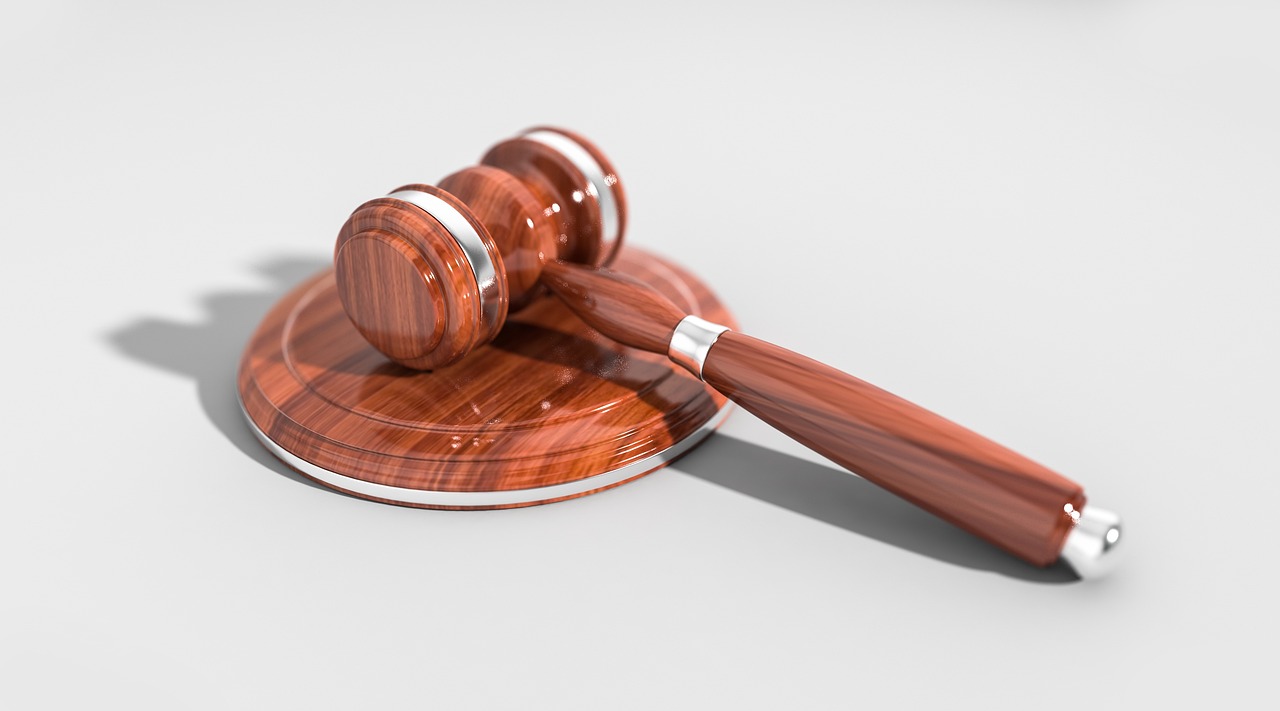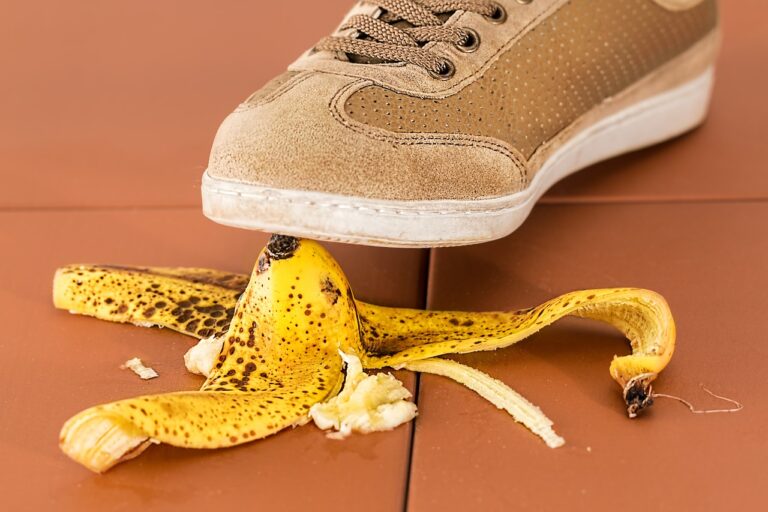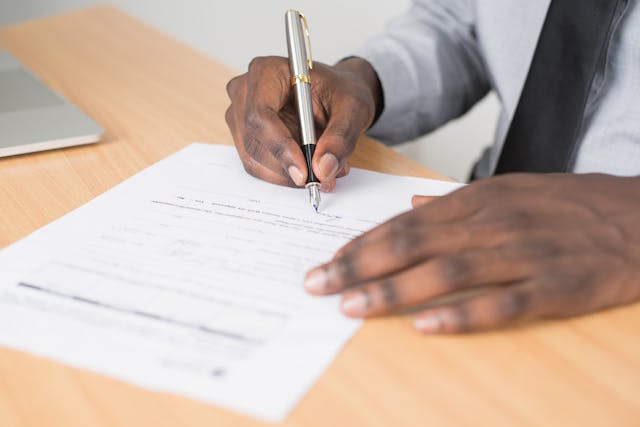In a League of Their Own: Unraveling the Success Factors of Elite Law Practices

Welcome to the world of elite law practices, where excellence is a goal and a way of life. In this exclusive league of legal professionals, success is not measured by mere accomplishments but by the relentless pursuit of perfection. If you want to navigate elite law practices, you should first know about the ethical dilemma. Harris Pogust is an attorney recognized for his excellence and success in law. He has numerous years of experience and has successfully represented clients in high-profile cases. Here, we will unravel the success factors that have propelled elite law practices to the top.
Top-Tier Talent
Elite law practices are fueled by top-tier talent that sets them apart. These firms attract and retain the best legal minds in the industry, ensuring a powerhouse team capable of easily handling even the most complex cases. Top-tier talent goes beyond just academic credentials; it encompasses a deep understanding of the law, unparalleled experience, and a track record of success. The individuals who make up these elite practices bring unique perspectives and skills to the table, elevating their collective capabilities to new heights.
In such environments, collaboration thrives as brilliant minds come together to strategize, innovate, and deliver exceptional client results.
Client-Centric Approach
Elite law practices stand out not just for their legal expertise but also for their unwavering focus on clients. A client-centric approach is more than just a buzzword – it’s a commitment to truly understanding and addressing the needs of those who seek legal assistance. From the moment a client walks through the door or reaches out online, top-tier law firms prioritize listening and empathy. They know that every case is unique, and every individual deserves personalized attention and solutions tailored to their specific situation. Communication is key to maintaining a client-centric approach. Elite law practices keep their clients informed every step of the way, ensuring transparency and building trust along the journey. Clear communication fosters strong relationships built on mutual respect, Whether via phone calls, emails, or face-to-face meetings.

Innovative Strategies
Innovative strategies are the secret sauce that sets elite law practices apart from the rest. These firms are fearless in thinking outside the box and embracing new approaches to solving legal challenges. From leveraging technology to streamline processes to implementing creative billing structures, top-tier law practices are constantly evolving. They understand that innovation is key to staying ahead in a competitive industry. These firms can provide unique solutions that truly stand out by fostering a culture of creativity and encouraging their team members to think innovatively. Whether developing cutting-edge legal software or pioneering alternative dispute resolution methods, these practices always push boundaries.
Strong Reputation
When it comes to elite law practices, a strong reputation is like gold. It’s not just about what you know, but who knows you and how they perceive your expertise. A solid reputation can open new opportunities and attract top-tier clients seeking the best legal representation. Building a reputable name in the legal industry takes time and dedication and consistently delivers outstanding results for clients. Word-of-mouth recommendations from satisfied clients play a significant role in shaping a law firm’s reputation.
Positive reviews and testimonials can enhance credibility and trustworthiness. Moreover, being recognized by peers and industry professionals through awards, rankings, or speaking engagements can further solidify a law practice’s reputation as an authority in its field. Consistency in upholding ethical standards and maintaining professionalism also fosters trust among clients and colleagues. In essence, elite law practices stand in a league of their own due to their unwavering dedication to quality, client satisfaction, innovation, and reputation management. By upholding these core values at the heart of everything they do- -they secure their place at the top and pave the way for future success within an ever-evolving industry landscape. We hope that you have found this blog post helpful.…






